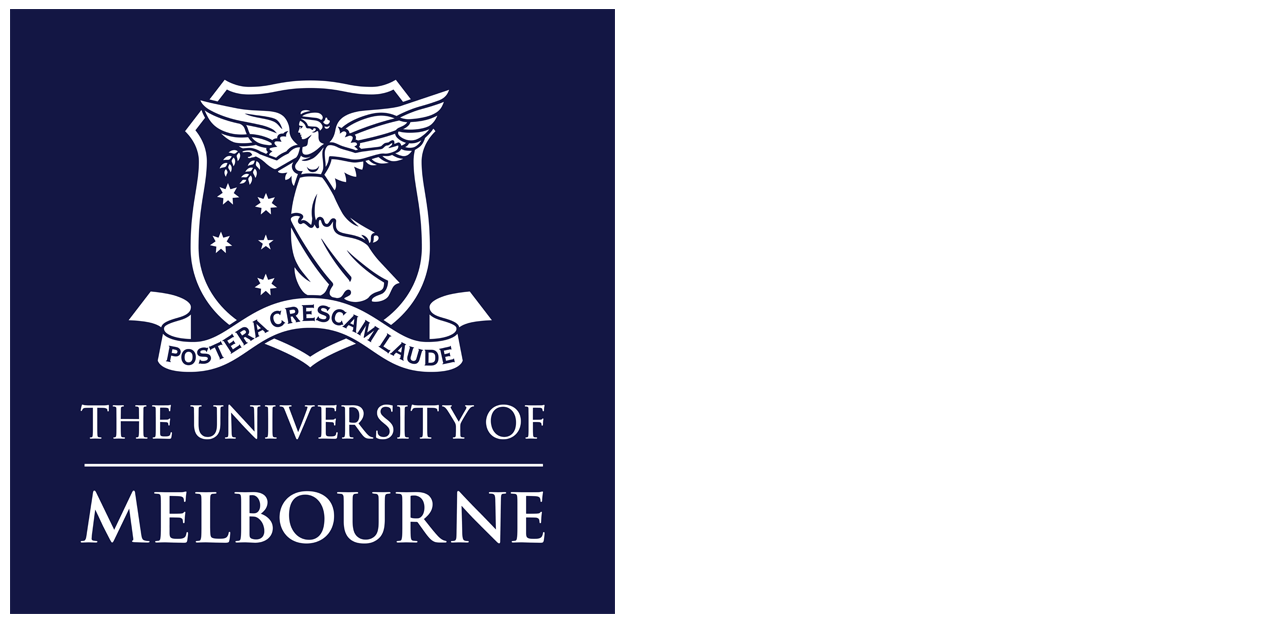

The first part of my talk will briefly touch on general issues of robustness machine learning within a broader context of trustworthy ML and responsible AI. I will then settle on a technical perspective on adversarial robustness. This links to the second part of the talk which will cover our recent work at ICLR’22 “A Unified Wasserstein Distributional Robustness Framework for Adversarial Training” where we aim to unify well-known, state-of-the-art, pointwise strategies (e.g., PGD, TRADES, MART) into a distributional robustness framework using the language of optimal transport (whose brief history will be provided). This results in richer expressive capacity (e.g., to explain AutoAttack, AWP), algorithmic consequences that can be implemented efficiently and generally consistent performance against various attack strength.
This is the second event in the AI @ Melbourne Colloquium Series, a program of talks and panel discussions on the future of Artificial Intelligence at The University of Melbourne.
Stay and enjoy complimentary afternoon tea and networking following the event.
Event Logistics and Times
3:00-4:00pm: Presentation and Q&A
4:00-5:00pm: Refreshments and Networking
Melbourne Connect
700 Swanston St Carlton | Level 7, Manhari Room
Please RSVP your attendance to the AI@M Colloquium event (or inability to attend) via the link below by Monday 24 July.
About the speaker
Dinh Phung
Professor and Research Director in the Department of Data Science and AI, Monash University, Australia
Dinh Phung is a Professor and Research Director in the Department of Data Science and AI, Monash University, Australia – where it hosts approximately 50 staff and 120 PhD students dedicated fully to advancing the frontiers of AI and data science. His research interests include the young field of optimal transport mathematics theory for machine learning, deep generative models, trustworthy AI and graphical models. He has won numerous best research awards, published 250+ papers and attracted over 20 million fundings in these areas. Most of his publications are in mainstream machine learning and its application to computer vision, natural language processing, data science, cybersecurity, and medical/health problems, including around 100 research papers published in venues whose impact factors close to at least a fifth of that of Nature. Besides academia, he has been an AI senior consultant for various AI industries since 2017, including acting in the role of AI Chief Scientist for Trusting Social – an AI-first fintech for financial inclusion with a 1.5+ billion customer base until 2020, and recently in EV and autonomous AI sector. He is currently an Associate Editor for the Journal of Artificial Intelligence Research and was the Finalist for the prestigious Australian Museum Eureka Prize for Excellence in Data Science in 2020.